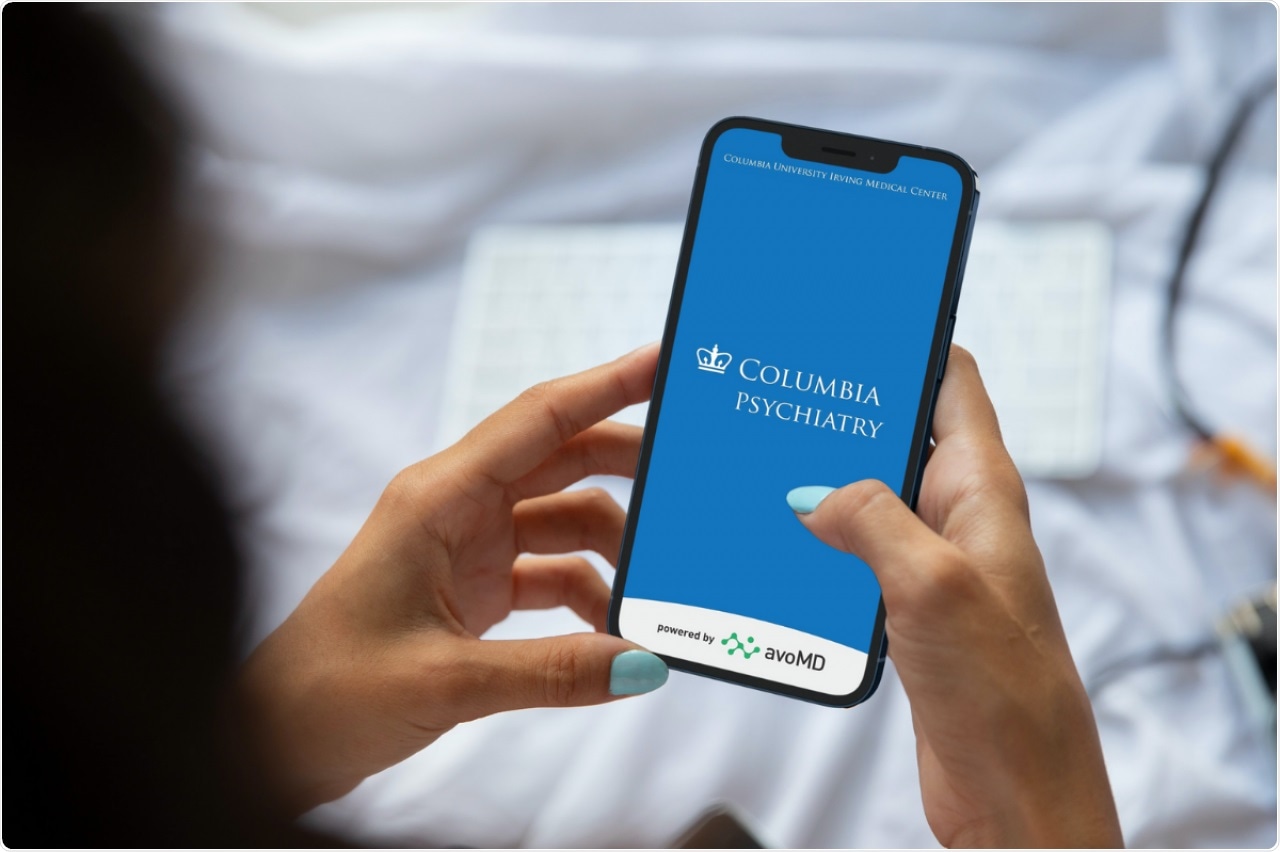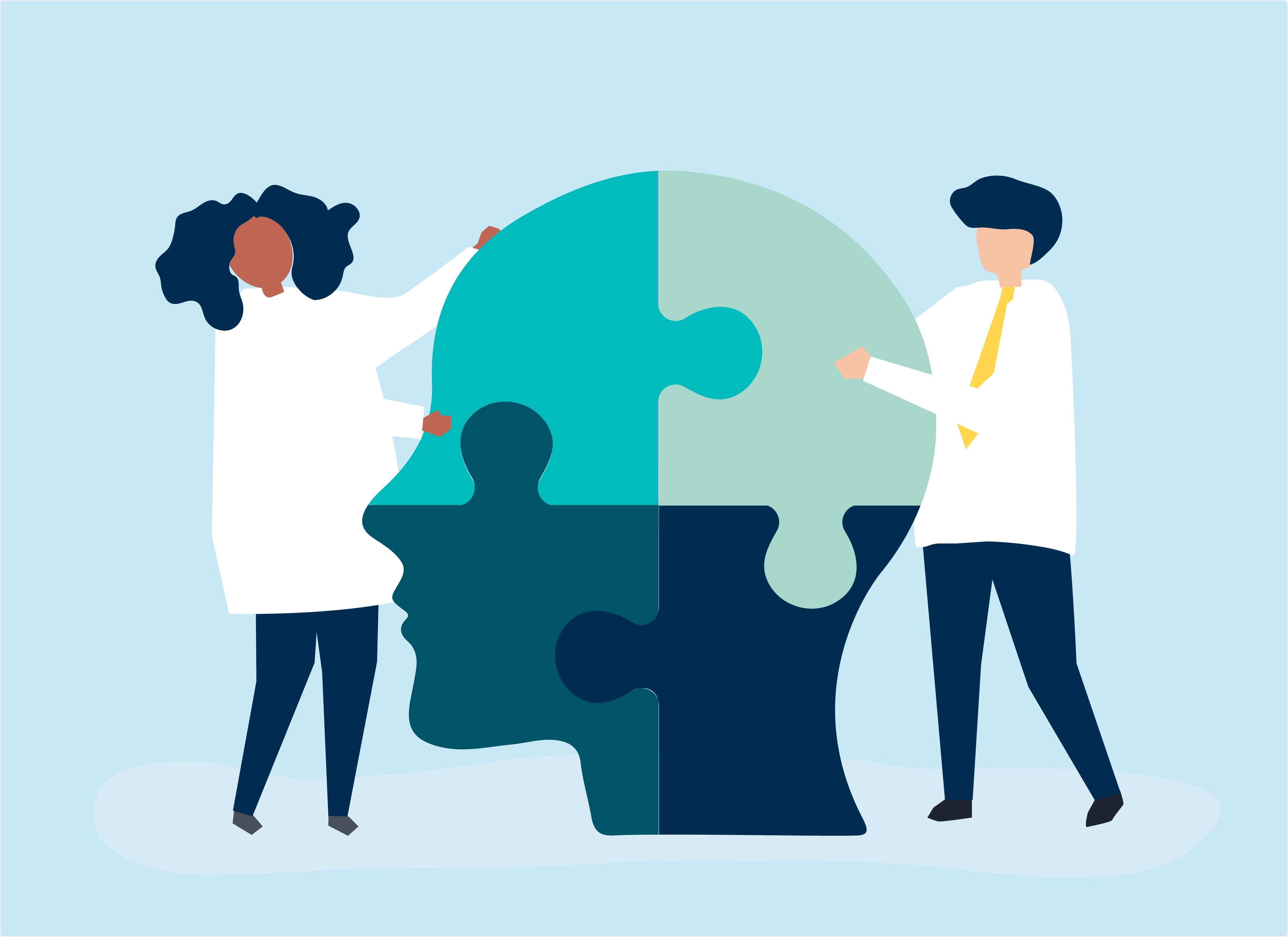Please can you introduce yourself and tell us what led you to create an app for depression?
We wrote a paper reviewing current treatment guidelines for depression and proposed some new ideas for an improved set of guidelines that departed quite a bit from current guidelines and were based on sound clinical evidence.
We considered how we could promulgate these ideas on improved treatment more widely and the idea of an App to assist the clinician was born.
How can the Columbia Psychiatry Pathways app enable clinicians to treat depression more effectively and how can it help monitor patients and their recovery?
Most physicians treating depression are not trained psychiatrists. This leaves them in doubt about what to do in terms of when to increase or decrease the dose of antidepressant medication and what to do when that medication does not work. Too often patients are not treated to get them fully better and treatment efforts stall with the patient only partially better.

Discover The World's MOST COMPREHENSIVE Mental Health Assessment Platform
Efficiently assess your patients for 80+ possible conditions with a single dynamic, intuitive mental health assessment. As low as $12 per patient per year.
This App helps the clinician with choosing the medications for the patient in a logical sequence and treating the patient to maximize benefit. It provides the doctor with a lot of information about each medication to help them use that medication in the correct dose range and anticipate side effects.

Image Credit: Columbia Psychiatry
Why is depression in particular hard for clinicians on the frontline to effectively treat and monitor? How can your app help to alleviate these difficulties?
After two trials of antidepressants only about half of patients will respond robustly. Doctors should expect to have to try more than one medication and need to optimize the benefit from each medication. This App helps them do that.
Depression often comes with comorbidities. How does the app make provisions for this?
The App alerts the doctor to screen for more severely depressed patients, pregnant, and suicidal patients. It then suggests a referral option for such patients.
Tell us about the previous research in suicide prevention Columbia has undertaken and how this has formed some of the basis for this app.
We have published papers reviewing the benefits of training primary care physicians in the diagnosis and treatment of major depression and shown how many studies find that doing this on a broader scale can cut suicide rates by about half.
How could this app improve accessibility to mental health care?
This App means that non-psychiatrist physicians with little training in psychiatry can treat depression more effectively.
How could this approach be applied to other mental health issues?
Similar Apps can be designed to help in the treatment of other psychiatric disorders, and we are in the process of producing such Apps. They will be rolled out soon.

Image Credit: Rawpixel.com/Shutterstock.com
The world is becoming more and more digitized, especially after the COVID-19 pandemic. Do you think more aspects of healthcare will become digitized like this in the coming years, and what are the benefits and drawbacks of this?
Such tools can be used in all fields of medicine and raise the standard of care being offered. These Apps offer advice and information but leave it to the clinician to determine if that advice and guidance is in the patient’s interest.
What impact do you hope the Columbia Psychiatry Pathways app will have on the world?
We believe this App to could raise the standard of care for depressed patients all over the planet. It can be used by physicians of every background and it can also be used by patients and their families to help them understand the treatment and treatment options and decisions that are being proposed by their doctor.
What is the next step for the Columbia Psychiatry Pathways app and its team?
We are always seeking feedback on how to improve our App and will be releasing Apps for other psychiatric disorders in the near future.
Where can readers find more information?
https://www.columbiapsychiatry.org/pathways
About Dr. Mann
 J. John Mann MD, is The Paul Janssen Professor of Translational Neuroscience (in Psychiatry and in Radiology) and a former Vice-Chair for Research in the Department of Psychiatry at Columbia University. He is Director of Research and Director of Molecular Imaging and the Neuropathology Division at the New York State Psychiatric Institute.
J. John Mann MD, is The Paul Janssen Professor of Translational Neuroscience (in Psychiatry and in Radiology) and a former Vice-Chair for Research in the Department of Psychiatry at Columbia University. He is Director of Research and Director of Molecular Imaging and the Neuropathology Division at the New York State Psychiatric Institute.
Dr. Mann is trained in Psychiatry and Internal Medicine and has a Doctorate in Neurochemistry. His research employs functional brain imaging, neurochemistry, and molecular genetics to probe the causes of depression and suicide. Dr. Mann is the Director of the NIMH Conte Center for the Neuroscience of Mental Disorders, and Past President of the International Academy of Suicide Research.
Dr. Mann has published 458 papers and edited 10 books on the subjects of the biology and treatment of mood disorders, suicidal behavior, and other psychiatric disorders. In private practice, he specializes in the treatment of mood disorders.
About Dr. Shah
 Ravi N. Shah, MD, MBA is Chief Innovation Officer at Columbia Psychiatry. Dr. Shah has extensive experience in digital mental health, having worked with several venture-capital-backed mental health startups. He served as Medical Director for the Columbia Psychiatry Faculty Practice from 2017-2021.
Ravi N. Shah, MD, MBA is Chief Innovation Officer at Columbia Psychiatry. Dr. Shah has extensive experience in digital mental health, having worked with several venture-capital-backed mental health startups. He served as Medical Director for the Columbia Psychiatry Faculty Practice from 2017-2021.
Dr. Shah is a Board-certified psychiatrist who sees adult patients for psychotherapy and psychopharmacology in New York City. Ravi completed his combined MD and MBA from the University of Pennsylvania School of Medicine and The Wharton School and his adult psychiatry residency at Columbia University, serving as chief resident in his final year.

